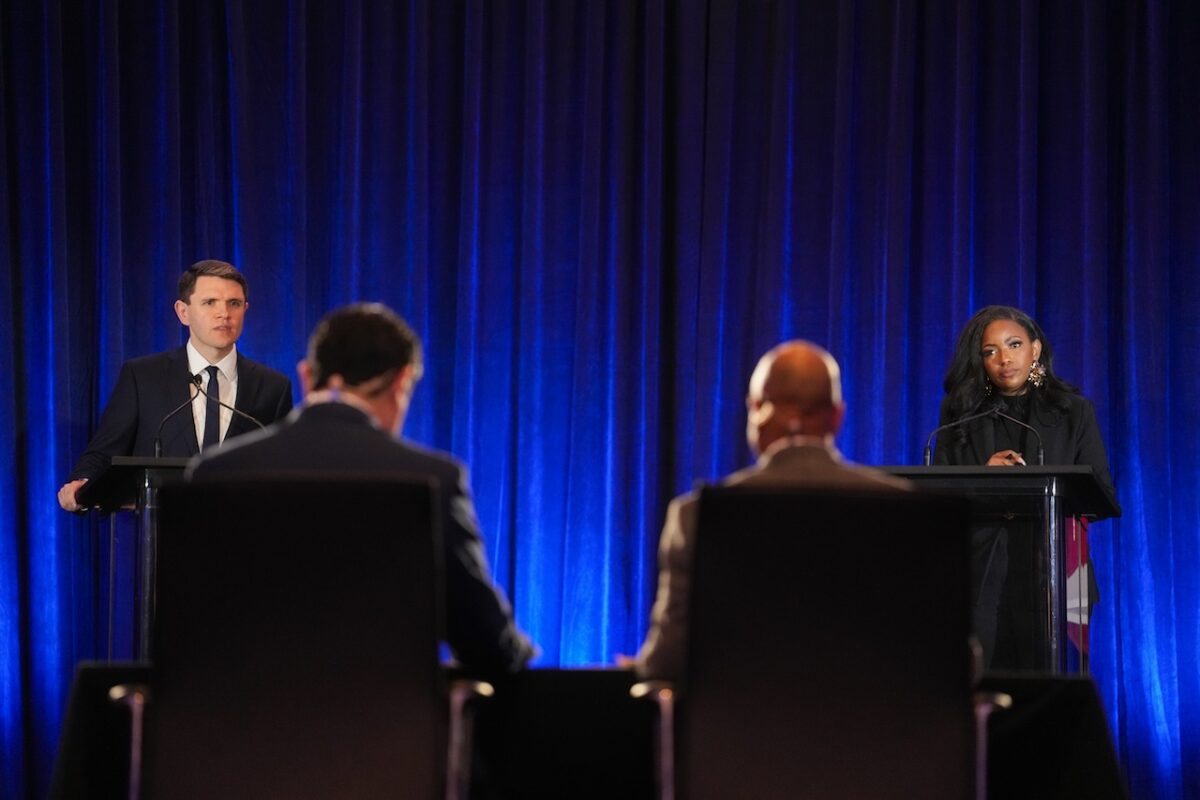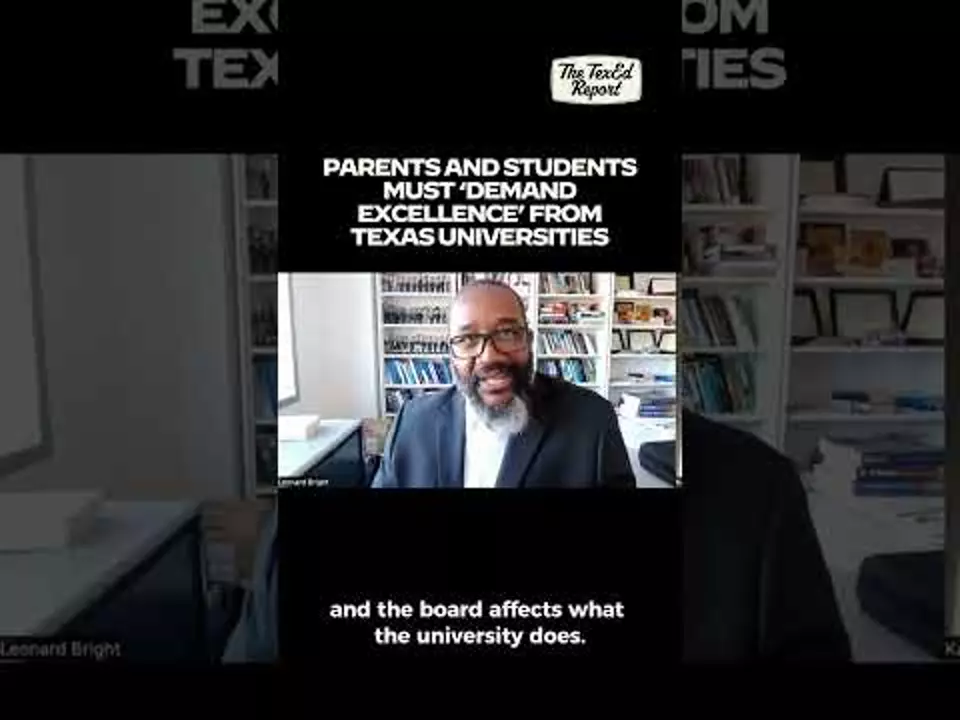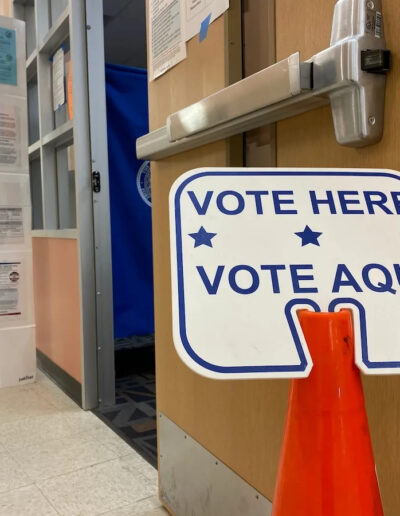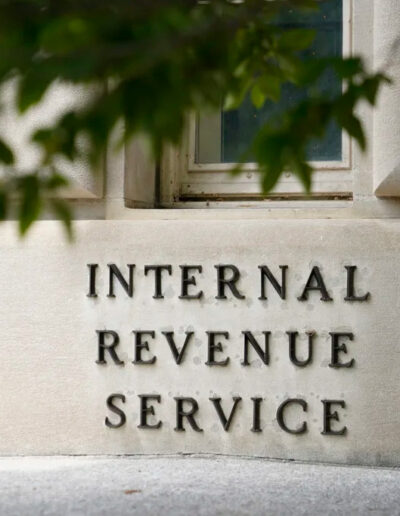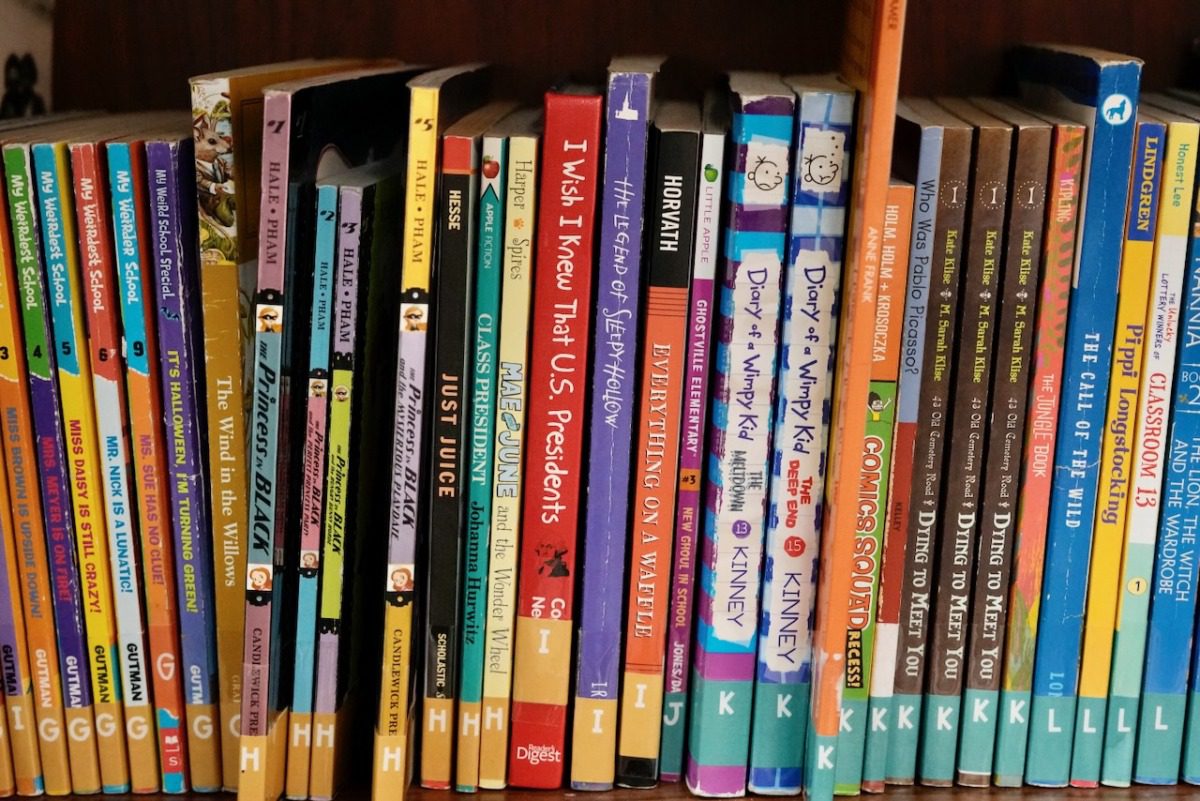
The Texas Board of Education is poised to approve controversial new learning materials for math, reading and language arts for kindergarten through 5th grade. (Melissa Phillip/Houston Chronicle via Getty Images)
Gov. Greg Abbott’s last-minute appointment to the Texas Board of Education likely paved the way for the controversial Bluebonnet Learning materials.
UPDATE: The Texas Board of Education approved the materials in an 8-7 vote on Nov. 22.
****
Are Texas elementary schools turning into Sunday schools?
As the Texas Board of Education is poised to approve a Bible-infused curriculum for use in public elementary schools, let’s take a closer look at how we got here.
Meet Bluebonnet Learning
In 2023, the Texas Legislature passed House Bill 1605. It changed how instructional materials are adopted and funded in Texas and directed the board of education to develop a set of state-owned instructional materials in an effort to help reduce the time teachers spent on developing lesson plans. It also outlined a parent’s right to access all teaching materials used in the classroom.
The materials are called Bluebonnet Learning and initially, it covers math, reading and language arts for kindergarten through 5th grade. They are supposed to be crafted around the Texas Essential Knowledge and Skills, which are the state standards for what students should know and be able to do.
Show us the money
If the state board approves Bluebonnet, the materials will be available for schools to use beginning with the 2025 school year. Bluebonnet isn’t mandatory and local school boards must vote to approve the materials.
But the state provides a financial carrot: school districts will get $60 per student if they use the Bluebonnet materials. Texas is among the worst states in per-pupil spending. For cash-strapped school districts, the $60 is a big incentive.
Facts ain’t what they used to be
The Texas Education Agency describes Bluebonnet materials as “rigorous, relevant, and grade level appropriate.” They also say the materials offer “contextually relevant religious topics sampled from a wide range of faiths.”
But critics said that’s not the case.
Bluebonnet materials have drawn heavy criticism from religious studies scholars, faith leaders, and parents for its emphasis on Christian narratives — at the exclusion of other faiths — and its potential to marginalize students of different religious backgrounds. The materials also give state education officials sweeping influence over how students learn about religion, which raises Constitutional questions about the separation of church and state.
Reporting from the Texas Tribune showed how parents, historians and educators have criticized the ways the materials address America’s history of racism, slavery and civil rights.
Other critics have made an even simpler argument: Bluebonnet materials get its facts wrong and are littered with historical distortions.
It’s Texas. Of course there are Republican political hijinks
Some 15 elected members make up the Texas Board of Education, which is the policy-making body of the Texas Education Agency. Board members serve two- or four-year terms and each one represents about 1.8 million Texans.
In a test vote on Tuesday, the board voted 8-7 to keep the Bluebonnet materials on a list of approved instructional materials. Three Republicans and four Democrats voted against the Bluebonnet materials.
The deciding vote came from Leslie Recine. Gov. Greg Abbott appointed the Republican to the District 13 seat on the board, which was left empty earlier this year when a Democrat resigned to run for a state House seat.
Abbott appointed Recine on Nov. 1, just two weeks ahead of the vote on the Bluebonnet curriculum. She’ll fill the seat through the end of the year. Yet on Nov. 5, District 13 voters picked Democrat Tiffany Clark for the seat. Clark ran unopposed in the heavily-Democratic district that includes portions of Dallas, Arlington and Fort Worth.
A final vote is scheduled for Friday.
Support Our Cause
Thank you for taking the time to read our work. Before you go, we hope you'll consider supporting our values-driven journalism, which has always strived to make clear what's really at stake for Texans and our future.
Since day one, our goal here at COURIER Texas has always been to empower people across the state with fact-based news and information. We believe that when people are armed with knowledge about what's happening in their local, state, and federal governments—including who is working on their behalf and who is actively trying to block efforts aimed at improving the daily lives of Texas families—they will be inspired to become civically engaged.






